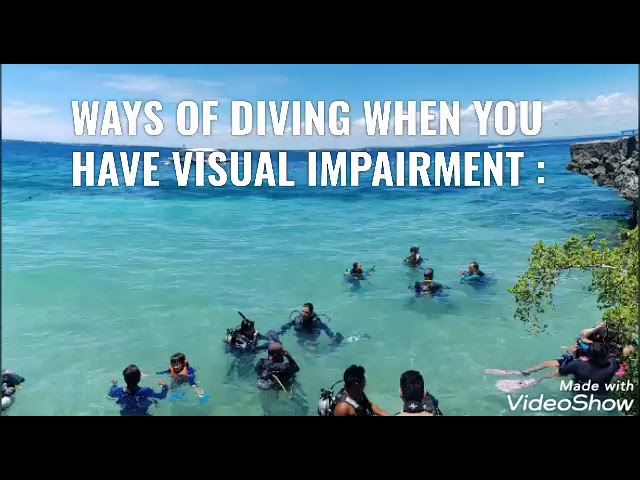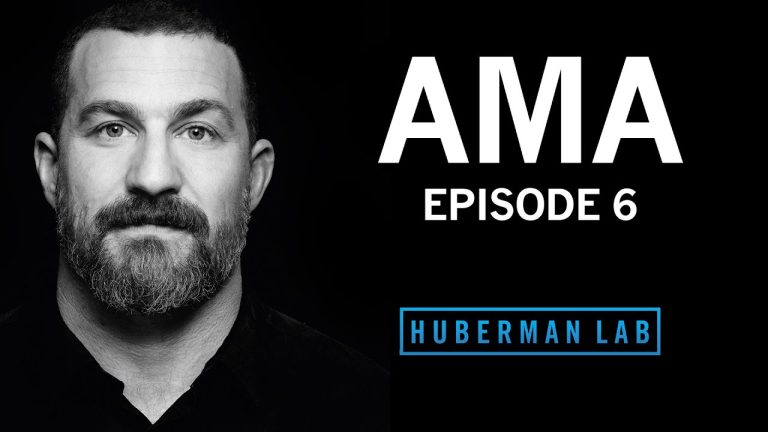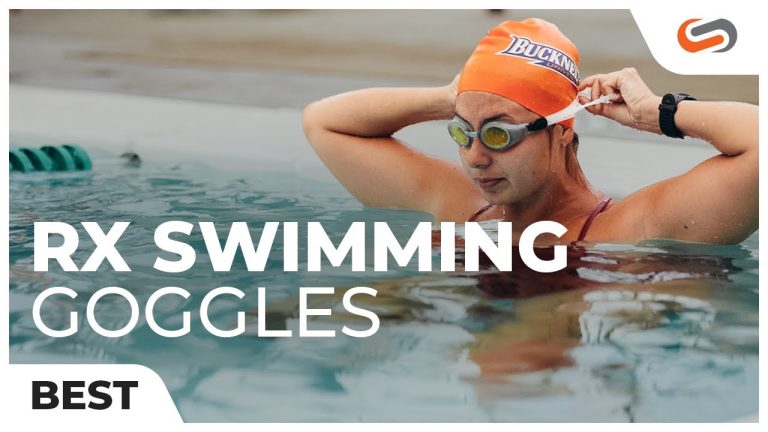Improving Your Performance: The Importance of Sports Vision and Balance for Optical Health
Sports, in general, are a great way to keep the body and mind healthy. They offer various physical, mental and emotional benefits that lead to an overall healthier lifestyle. That’s why it’s important to ensure our eyes and vision are in proper condition to maximize our performance in any sport we choose. The field of sports vision and balance is an essential aspect of the sports world as it can greatly impact a player’s ability to perform optimally.
A sports vision specialist can help athletes enhance their visual skills, so they can better judge distances, track fast-moving objects and react quickly and accurately to visual stimuli. A sports vision exam can uncover vision problems and provide personalized solutions, from corrective eyewear to vision therapy, to help them perform better on the field or court.
What is Sports Vision?
Sports vision can be defined as the science of understanding the visual, cognitive and motor skills essential for performing a specific sports activity. It focuses on the visual and neural processing that occurs in the brain to better understand how visual information is utilized in performance. Sports vision specialists use innovative diagnostic equipment to assess a player’s visual abilities, visual processing abilities, and reaction times to create personalized interventions to optimize vision and maintain balance in sports activities.
Visual Skills Required for Sports Performance
Vision is a key factor in achieving optimal sports performance. Here are some essential visual skills you need to improve your game:
- Peripheral Awareness – The ability to perceive motion and visual signals outside the direct line of sight.
- Visual Processing Speed – The ability to process visual information quickly and accurately.
- Hand-eye Coordination – The ability to accurately track an object with your eyes while simultaneously coordinating your hands to interact with the object.
- Depth Perception – The ability to perceive the distance between objects and their relative positions in space.
- Eye Tracking and Fixation – The ability to quickly follow moving objects without losing focus.
How to Improve Sports Vision and Balance
Corrective Eyewear
If a player has a refractive error such as nearsightedness, farsightedness or astigmatism, corrective eyewear can help improve visual acuity and resolve any challenges related to eye strain or headaches.
Specialized Training and Exercises
Visual skills can be improved by practicing specialized training and exercises. Vision therapy can help with eye tracking, fixing eye teaming problems, and depth perception to name a few.
Sports-Specific Training
Working with a sports vision specialist on sport-specific training drills and exercises can help improve visual reaction time, visual processing speed, and depth perception.
The Benefits of Sports Vision and Balance
The benefits of sports vision and balance go beyond improving performance on the field. It also leads to preventing eye injuries, as it enhances visual function and awareness, whereby an athlete’s vision and reaction time become sharper.
Don’t overlook sports vision and balance when preparing for a sports season or competition. Proper examination by an eyecare professional can help identify issues that can affect your performance.
Contents
Most wanted in Hoya Vision:
Hoya Lens Engravings
Which lens is better Alcon or Johnson and Johnson?
What’s the rarest eye color?
What brand lenses does Costco use?
Legacy Eye Care Llc
Hoya Sensity Vs Transitions Xtractive
Should eyeglasses cover eyebrows?
What’s the difference between 1.5 and 1.6 lenses?
What do you call glasses that turn dark in the sun?
Wide Corridor Progressive Lenses
















